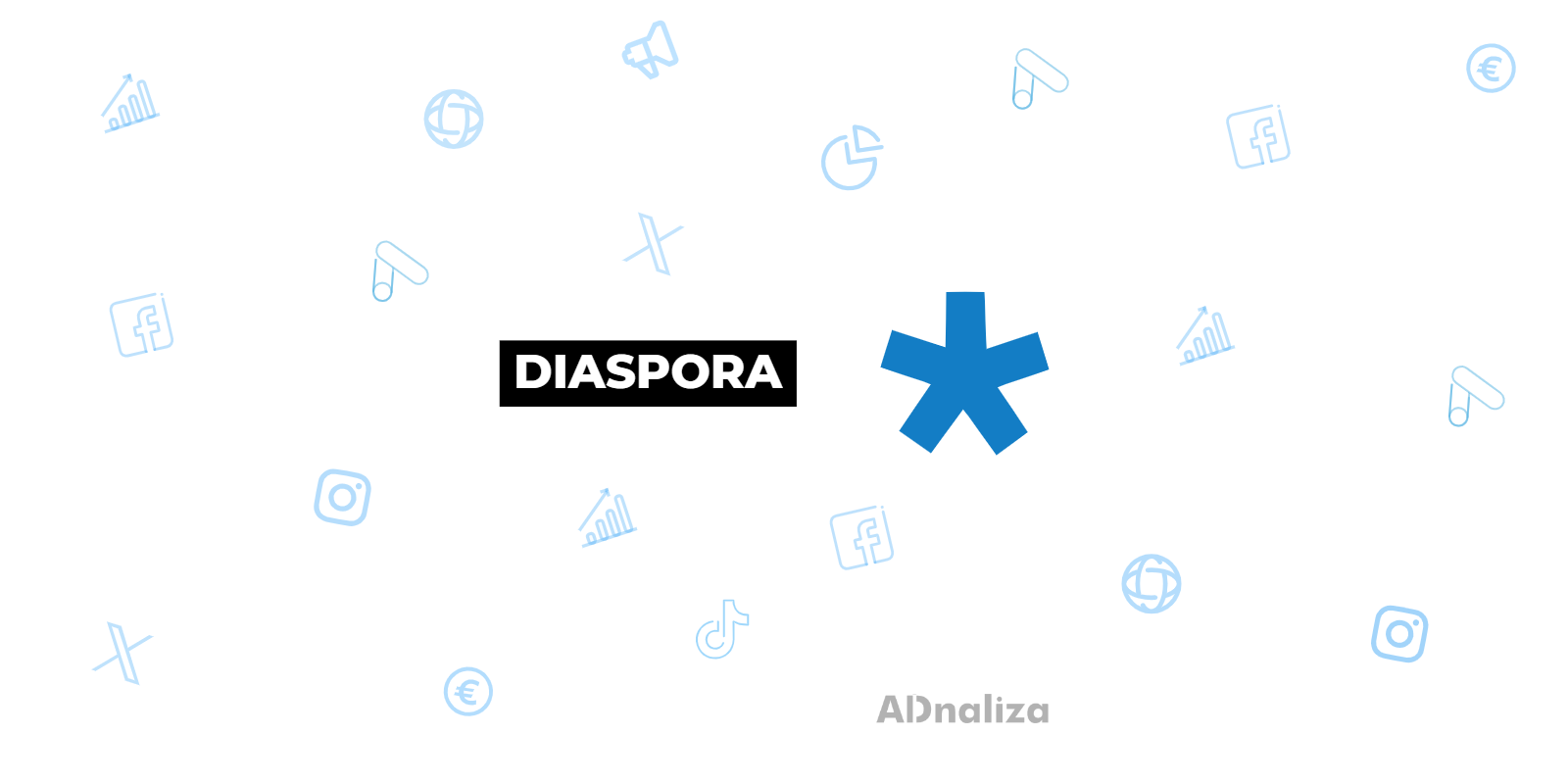
Definition:
Diaspora is a distributed social network, which falls within the concept of fediverse, a network of independent social media platforms that communicate with each other through open protocols. Born as an open source initiative, Diaspora is based on the idea of a decentralized internet in which users have complete control over their information and privacy.
The Diaspora project was born in 2010, when four students from New York University decided to create an alternative to the existing centralized social networks. Since its earliest days, Diaspora has been a platform focused on privacy, decentralization, and transparency.
Over the years, Diaspora has undergone several stages of evolution:
Every step in Diaspora's history has been marked by an ongoing commitment to user privacy, decentralization and transparency. The platform has grown and evolved thanks to the contribution of a global community of developers and users.
Diaspora is organized into ' pods', which are independent servers that connect to each other to form the network. Each user chooses a 'pod' to join, and from there they can interact with any other user on the network, regardless of which 'pod' they belong to.
Posts on Diaspora can be shared publicly or privately, depending on the preferences of each user. This gives users great control over their information and how it is shared. In addition, Diaspora does not use algorithms to filter or classify content, unlike many centralized social networks.
The main advantages of Diaspora include:
Despite its advantages, Diaspora also faces criticism and challenges. Chief among these is that their decentralized nature can make it difficult to moderate content, which could lead to the spread of false or harmful information. In addition, while Diaspora respects user privacy, this may be less effective if individual pods are not adequately protected against cyberattacks.
Another common criticism is that the Diaspora network can be more difficult to navigate for less technical users, compared to more conventional, centralized social networks. The need to choose and join a pod can be confusing for new users.
An instance in Diaspora is another name for a 'pod', which is a standalone server that is part of the Diaspora network. Each instance has its own database and users, but all instances can communicate with each other to share posts and messages. This is what allows Diaspora to be a decentralized network.
The choice of instance to join depends on the user. There are instances of all sizes, from those with only a few users to instances with tens of thousands of users. Each instance may have its own rules and policies, although they must all adhere to certain fundamental principles to be part of the Diaspora network.
It is important to note that once an instance has been chosen, it is not possible to switch instances without creating a new account. However, because of the way Diaspora is designed, users can continue to interact with people from any other instance, regardless of which one they have joined.
Some instances of Diaspora are:
Each instance has its own features and benefits, and users can research and select the one that best suits their needs.